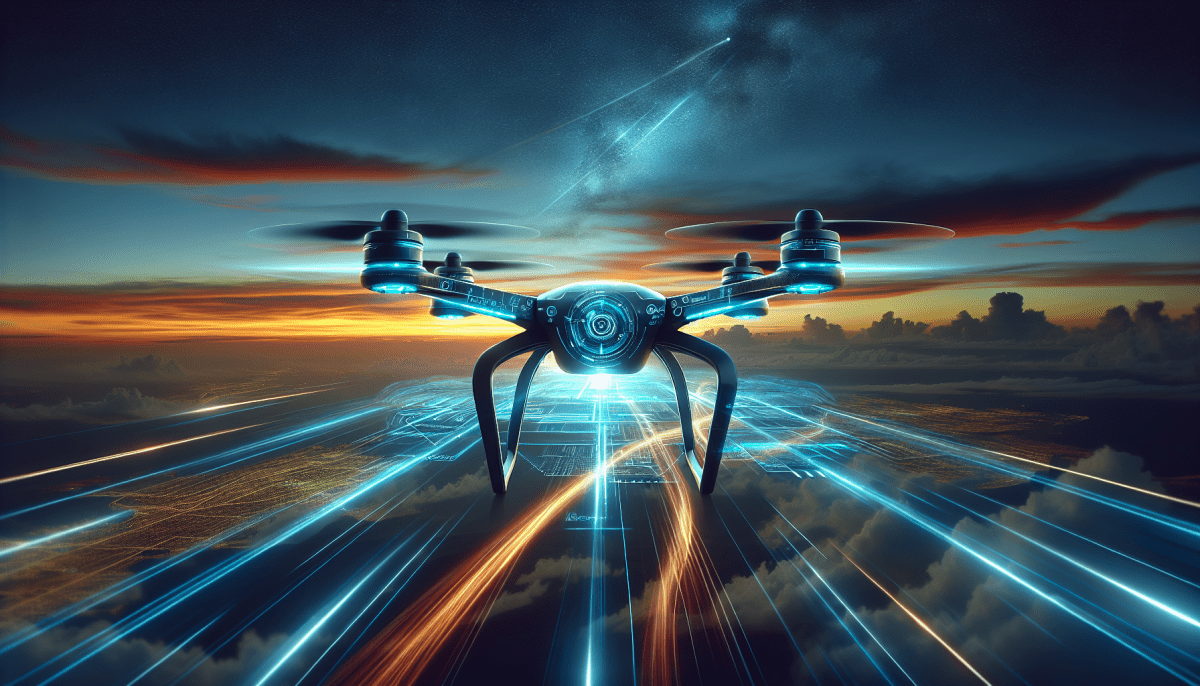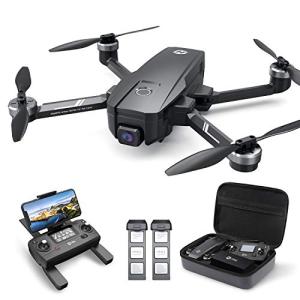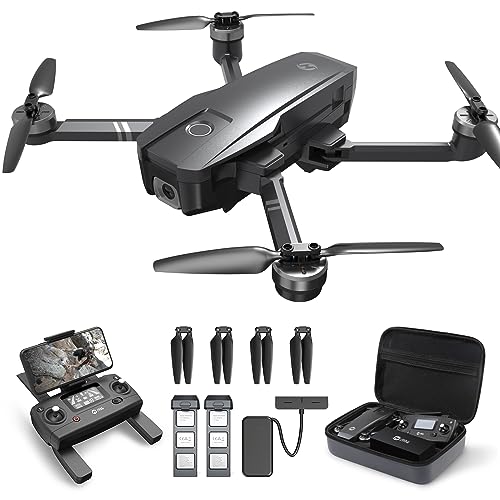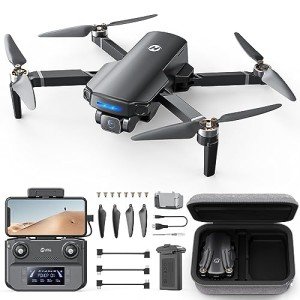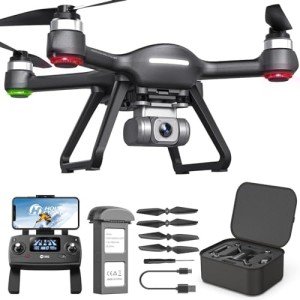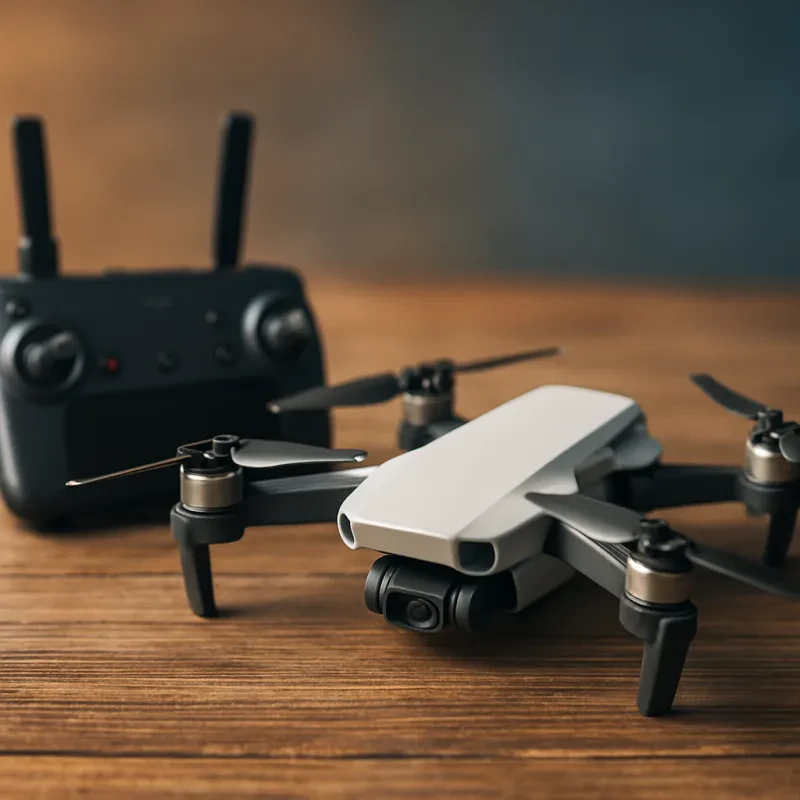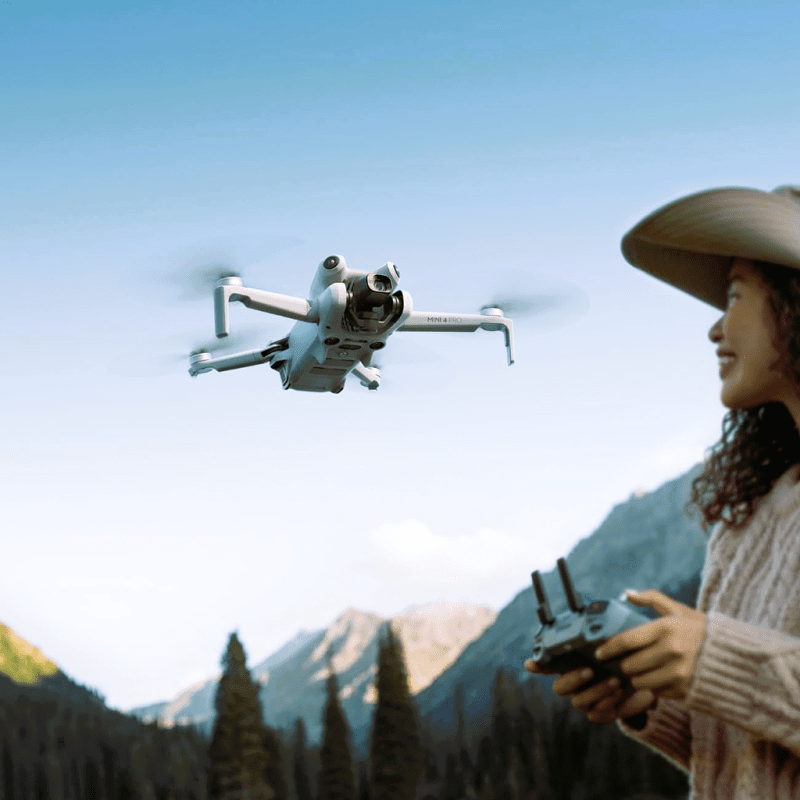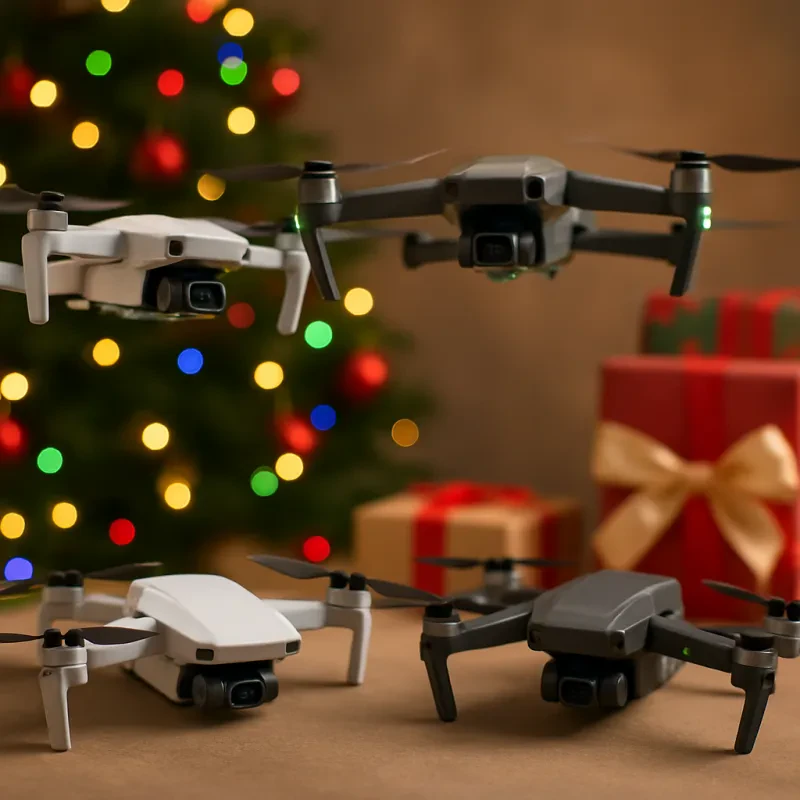The world of aviation is constantly evolving, and the future RC drone technology is no exception. Innovative designs are emerging that promise to change the way we think about drones. From improved aerodynamics to advanced materials, the next generation of drones will be more efficient, versatile, and user-friendly than ever before. These exciting developments open up new possibilities for both recreational and commercial use.
AI Integration
One of the most exciting trends in future RC drone technology is the integration of artificial intelligence. Drones equipped with AI can analyze their surroundings, navigate complex environments, and make real-time decisions without human intervention. This means safer flights and the potential for autonomous delivery systems that can transport goods with precision. Imagine a drone delivering packages straight to your doorstep, anticipating the best route and avoiding obstacles along the way!
Eco-Friendly Innovation
Another area of progress is the emphasis on eco-friendly innovation. Future RC drone technology is leaning towards sustainable materials and energy sources. Drones powered by solar energy or equipped with rechargeable batteries that have longer life cycles reduce environmental impact while increasing flight duration. This shift not only benefits the planet but also enhances the practicality of drones in various applications, from agriculture to wildlife monitoring.
Modular Designs
Finally, the rise of modular designs is revolutionizing how we approach drone customization. Future RC drone technology encourages users to easily swap out components based on their specific needs. Whether it’s upgrading the camera for aerial photography or enhancing battery life for longer flights, modular drones offer flexibility and adaptability that cater to a wide range of users. This personalized approach could make drones more appealing to hobbyists and professionals alike.
Advancements in Flight Control Systems
Integration of GPS
One significant advancement is the integration of GPS and inertial measurement units (IMUs) into flight control systems. By using these tools, drones can accurately determine their position, altitude, and orientation in real-time. This capability allows for advanced features like waypoint navigation, where users can predefine a flight path for the drone, letting it autonomously navigate through complex environments while minimizing the chances of losing control.
AI Implementation
Another exciting development in flight control systems is the implementation of artificial intelligence (AI) and machine learning algorithms. These technologies enable drones to learn from their previous flights, adapting to new environments and improving their performance over time. With AI, drones can also automatically avoid obstacles, making them safer to operate in crowded spaces. This fusion of future RC drone technology with intelligent systems signifies a major leap forward in the capabilities of unmanned aerial vehicles.
Reliability and Range
Additionally, advancements in communication systems have greatly improved the range and reliability of drone operations. New protocols and technologies allow for real-time data transmission between the drone and the operator, even over long distances. This means that operators can monitor their drones continuously, receive telemetry data, and make adjustments as needed, which enhances the overall flying experience. Together, these innovations not only make flying easier but also open up new possibilities for uses in areas such as photography, delivery services, and aerial inspections.
AI and Automation in Drone Operations
As we look towards the future, AI and automation are set to play a pivotal role in shaping drone operations. The integration of artificial intelligence into future RC drone technology allows for smarter decision-making and improved efficiency. Drones equipped with AI can analyze their surroundings in real time, enabling them to navigate complex environments with minimal human input. This means that tasks such as deliveries, surveillance, and agricultural monitoring can be completed faster and with greater precision.
Automated Flight Paths and Obstacle Avoidance
Automation is another game changer in the realm of future RC drone technology. With features like automated flight paths and obstacle avoidance systems, pilots can focus more on monitoring and less on manually controlling the aircraft. This not only enhances safety but also allows for more seamless operations in various industries, from search and rescue missions to real estate photography. The ease of use brought about by automation is opening the door for more people to engage with drone technology, regardless of their technical expertise.
Data Collection and Analysis
Moreover, the combination of AI and automation in future RC drone technology fosters new opportunities for data collection and analysis. Drones can gather vast amounts of information, from aerial imagery to environmental data. With AI's ability to process this data quickly and accurately, businesses can make informed decisions based on real-time insights. This capability is revolutionizing sectors such as agriculture, where farmers can monitor crop health more effectively, leading to better yields and sustainable practices.
Autonomous Drones
The advancements in AI and automation are making drones more autonomous and capable than ever before. As these technologies continue to evolve, we can expect to see future RC drone technology not just as tools but as integral partners in various fields. With every flight, these drones will contribute to a more efficient and intelligent future, pushing the boundaries of what is possible in drone operations.
Sustainability in Drone Technology Development
As the world moves toward a more sustainable future, the development of drone technology is also focusing on eco-friendly practices. Today, companies are exploring innovative materials and energy-efficient designs to create drones that minimize their environmental impact. By utilizing lightweight materials and advanced energy systems, developers are paving the way for future RC drone technology that aligns with environmental goals.
Battery Life and Energy Efficiency
Battery life and energy efficiency are crucial factors in the pursuit of sustainability. Many researchers are experimenting with solar-powered drones and hybrid energy systems, which can significantly reduce carbon footprints. These advancements not only enhance the performance of future RC drone technology but also contribute to cleaner air and lower emissions. As these technologies mature, we can expect longer flight times and increased reliability without harming the planet.
Easier Repairs and Upgrades
Another important aspect of sustainable drone technology is waste reduction. Breakthroughs in modular designs allow for easier repairs and upgrades. This means that users can maintain their drones effectively, extending their lifespan and reducing electronic waste. By investing in sustainable materials and promoting repairability, the industry is taking significant steps toward a greener future in RC drone technology.
Reduce Energy Consumption
Furthermore, the integration of intelligent software can optimize flight paths and reduce unnecessary energy consumption. Advanced algorithms can help drones navigate more efficiently, minimizing the distances they travel and conserving battery life. This intelligent use of technology ensures that future RC drone technology is not just about flying faster, but also about flying smarter and more sustainably.
